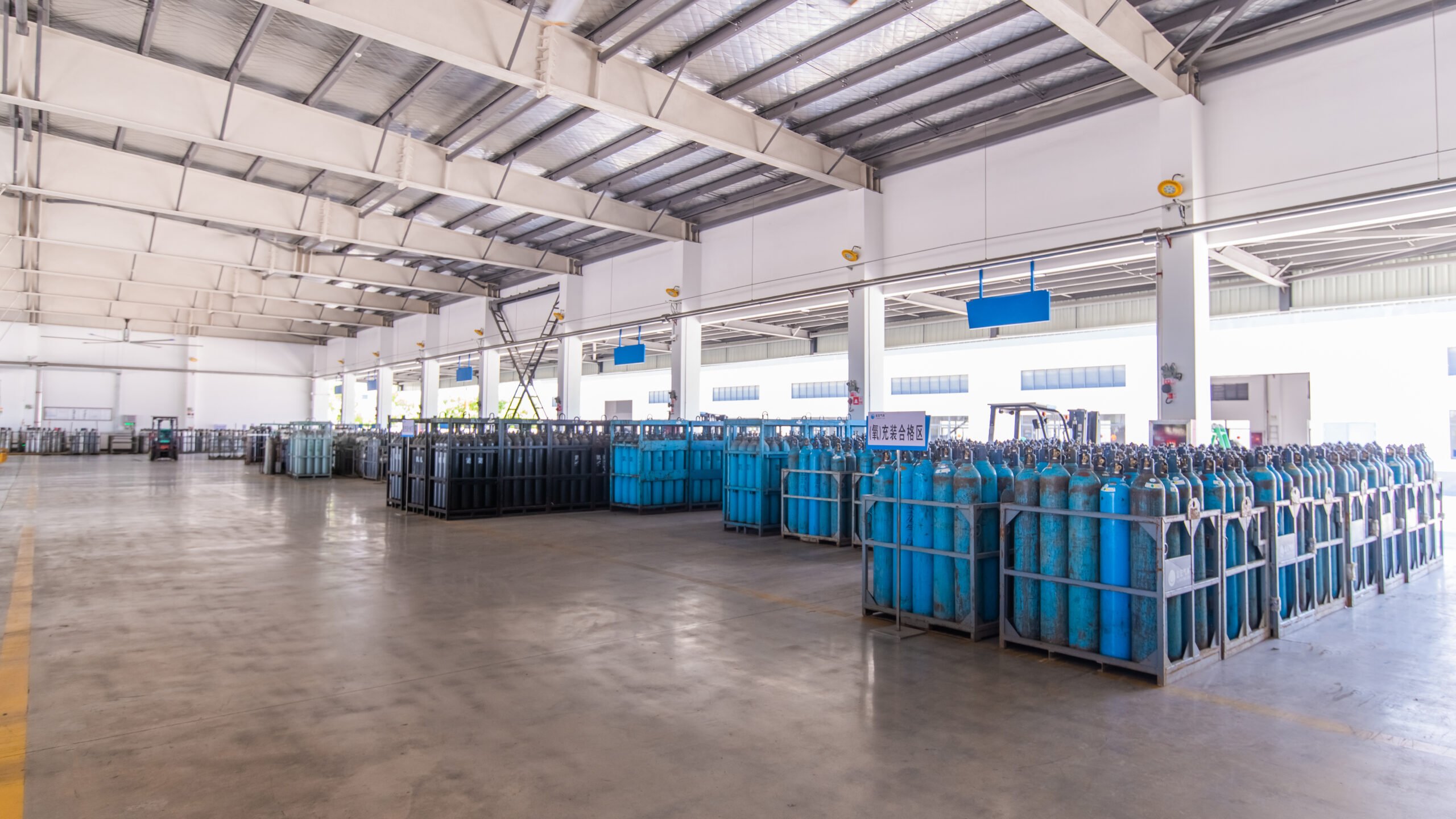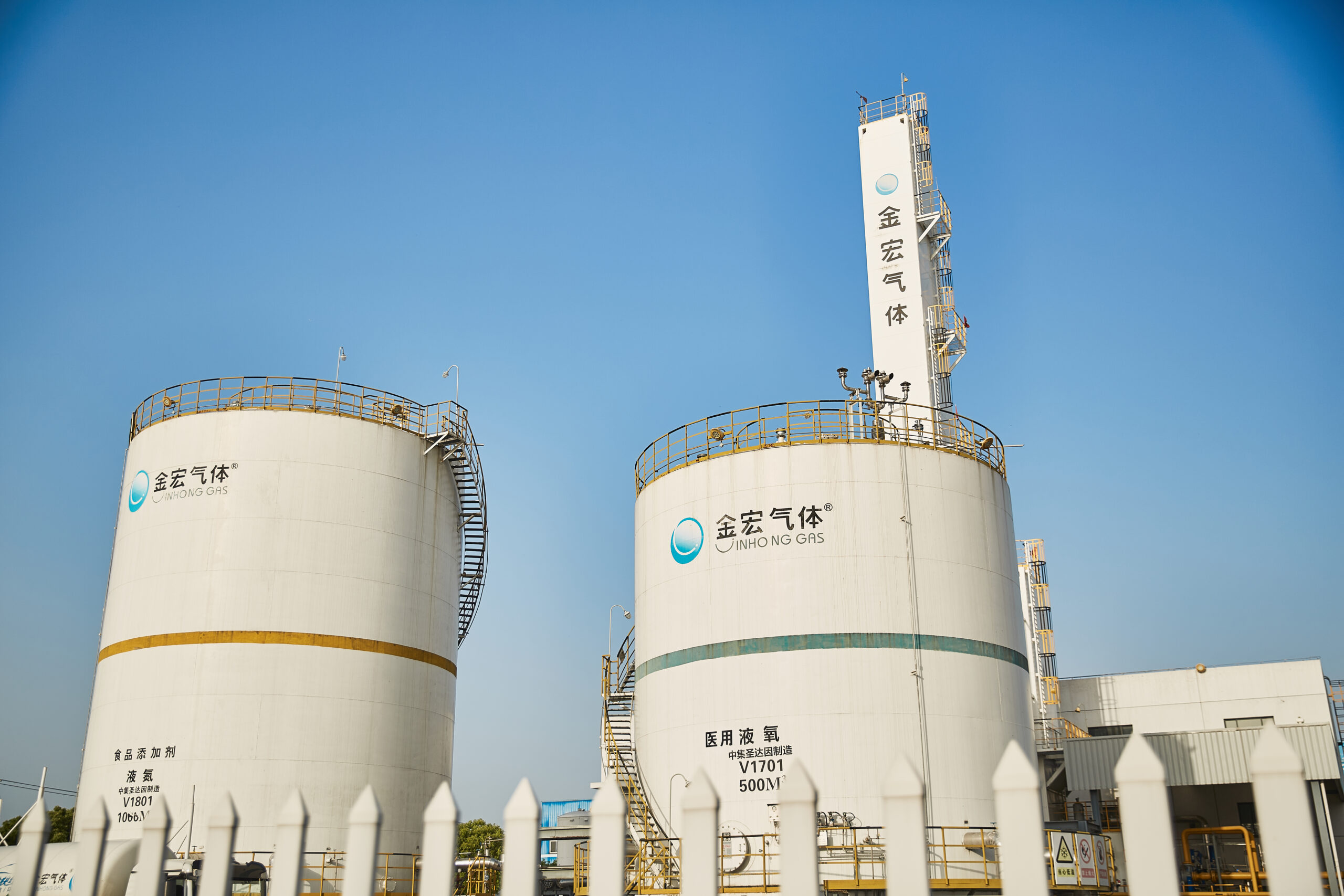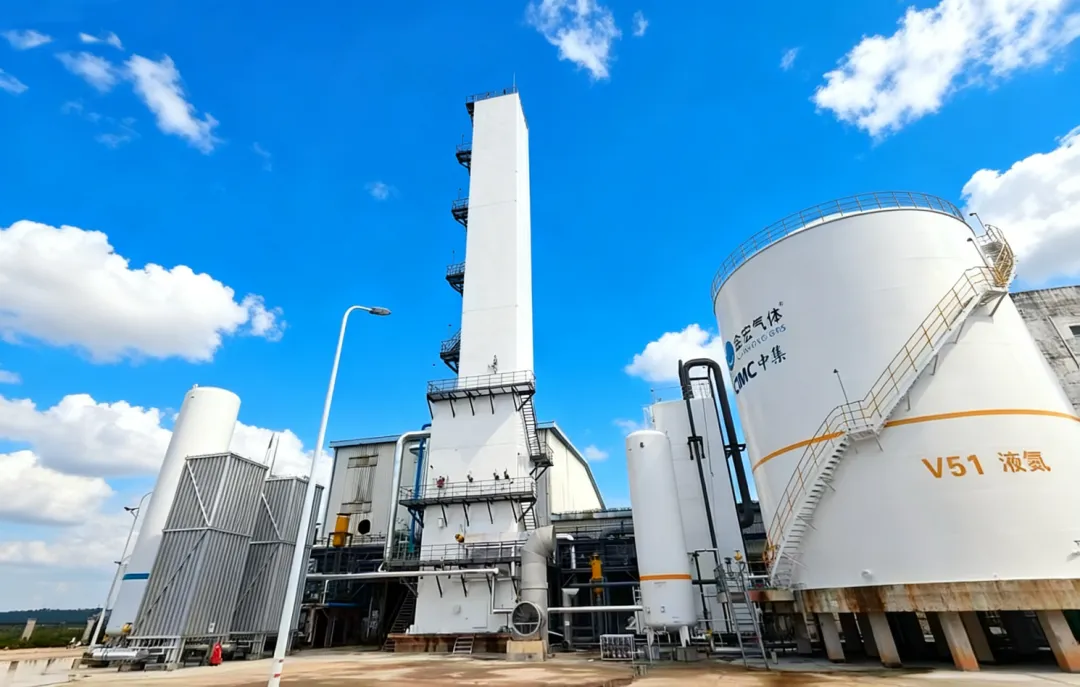The conversion of acetylene to ethylene is a pivotal chemical process with significant industrial applications. Ethylene, a versatile alkene, is foundational in manufacturing plastics, chemicals, and other essential materials. This article explores the acetylene-to- ethylene conversion process, its industrial importance, and its impact on modern manufacturing.

What is the Acetylene-to-Ethylene Process?
The acetylene-to-ethylene transformation involves the catalytic hydrogenation of acetylene (C2H2) into ethylene (C2H4). This reaction is widely used in industries requiring efficient ethylene production, particularly in settings where c2h2 is a by-product.
Key Reaction:
C2H2+H2→C2H4C2H2+H2→C2H4
Catalyst:
A nickel-based or palladium-based catalyst is typically used to enhance reaction efficiency while minimizing over-hydrogenation to ethane.
Reaction Conditions:
- Temperature: 150–250°C
- Pressure: Moderate pressure levels ensure optimal reaction rates.
- Efficiency: Modern processes achieve high ethylene yields with minimal energy consumption.
Why Convert Acetylene to Ethylene?
The acetylene-to-ethylene conversion serves multiple purposes in industrial settings:
- Ethylene Production
Ethylene is a cornerstone of chemical manufacturing, essential for producing polyethylene, ethylene oxide, and other compounds. - Utilization of By-products
Acetylene is often a by-product in processes like c2h4 cracking or coal gasification. Converting it to ethylene ensures resource optimization. - Economic Benefits
By using acetylene effectively, manufacturers reduce waste and production costs, improving profitability.
Industrial Applications of Ethylene
The ethylene produced from acetylene has far-reaching applications, including:
1. Polymer Manufacturing
Ethylene is the primary feedstock for polyethylene production, a polymer used in plastic packaging, pipes, and containers.
2. Chemical Synthesis
Industries rely on ethylene for synthesizing ethylene oxide, ethylene glycol, and other chemicals essential for antifreeze, detergents, and resins.
3. Agriculture
Ethylene acts as a plant hormone, aiding in fruit ripening and crop growth.
The Importance of Catalysts in the Process
Catalysts play a vital role in converting c2h2 to c2h4 efficiently and economically.
Features of Modern Catalysts:
- High Selectivity: Ensures c2h2 converts primarily to c2h4 without excessive formation of ethane.
- Energy Efficiency: Reduces energy consumption during the reaction.
- Durability: Modern catalysts have longer lifespans, reducing operational costs.
Sustainability in the Acetylene-to-Ethylene Conversion
As industries prioritize sustainability, the acetylene-to-ethylene conversion process is adapting to meet environmental standards.
- Reduced Carbon Footprint
By optimizing reaction conditions and using advanced catalysts, manufacturers minimize energy usage and emissions. - Recycling By-products
Recycling c2h2 into c2h4 promotes circular economy principles, reducing waste. - Adoption of Green Hydrogen
Using green hydrogen in the reaction further lowers the environmental impact of ethylene production.
Safety Considerations in the Process
The handling of acetylene and ethylene requires stringent safety measures due to their flammability and reactivity:
- Proper Storage: Acetylene is stored in specialized cylinders to prevent explosive decomposition.
- Ventilation: Ensures safe dispersal of gases in case of leaks.
- Automated Systems: Advanced monitoring systems detect anomalies and prevent accidents.
Partner with Jinhong Gas for Acetylene and Ethylene Solutions
When sourcing gases for industrial use, partnering with a reliable supplier is crucial. Jinhong Gas, a trusted name in the industry, offers high-purity c2h2 and c2h4 tailored to your needs.
Why Choose Jinhong Gas?
- Quality Assurance: Each batch undergoes rigorous quality testing.
- Customized Supply: Flexible delivery options for diverse industrial requirements.
- Expert Support: Professional guidance on safe handling and usage.
Frequently Asked Questions
1. What industries benefit from the acetylene-to-ethylene process?
Industries such as plastics, chemicals, and agriculture benefit from the efficient production of ethylene.
2. Is the conversion of c2h2 to c2h4 cost-effective?
Yes, this process optimizes resources and reduces waste, making it economically viable for manufacturers.
3. How does Jinhong Gas ensure gas safety?
Jinhong Gas follows strict safety protocols in gas storage, transportation, and delivery to ensure customer safety.
Conclusion
The conversion of acetylene to ethylene is a transformative process that supports key industries worldwide. By leveraging advanced catalysts and sustainable practices, manufacturers can meet growing ethylene demand efficiently. For premium c2h2 and c2h4 supplies, contact Jinhong Gas and elevate your industrial operations.



